From the talk I gave at Regina Rex gallery last wkend:
Basically, I want to use intense autobiography to describe self-life-writing practices (the literal translation of auto-bio-graphy) that stray from the genre of autobiography, in which one provides the facts of their life, from birth until present, usually late in life. While intense autobiography exists in relation to these forms of self- or person- writing, it is different. And where it differs largely are in two respects: 1. That writing is not a transparent, narrative means of making self or person appear retroactively, but the very means through which the person/self comes into being in relation to a social milieu; 2. Through intense autobiography the “body”–that container demarcating human personhood and rights—becomes a site of experience and experimentation where the limits of the self are related, if not often contested, in relation to a public, community, and/or socius.
Intense autobiography can also refer to a series of practices upon the body, much as Foucault spoke of disciplinary practices in terms of a “technology” or “care” of the self. The body-self is a site where subjecthood is negotiated and contracted; where disciplinary boundaries and biological essences are tested; where the body as a territory is both mapped and deterritorialized, as in the many famous cases outlined by Deleuze and Guattari. What I want to talk about when I talk about intense autobiography is how self-life-writing demarcates social, biopolitical, and geocultural thresholds. Through forms, and not simply a received narrative writing which blandly insists on a continuous definition of self as a contained or enclosed interior, I believe writing and aesthetic forms may present the movement and passage of person/self/subject through a duration (where intensity refers to movements in time, and extension may relate movement in space). This writing is about becoming; it is about movement and undergoing; it is also about undertaking a radical empathy by which “self” and “other” and milieu and environment inform one another, as much of the most remarkable poetry and art of the 20th century has ventured. Form is necessary to the prospect of a radical autobiographical writing practice, because it is through the discovery and invention of forms that the subject becomes observable as a series a thresholds relating inter-subjective, psychosocial, and biopolitical exigency—the very urgencies that autobiography, as a genre, normally excludes.
Subscribe to:
Post Comments (Atom)
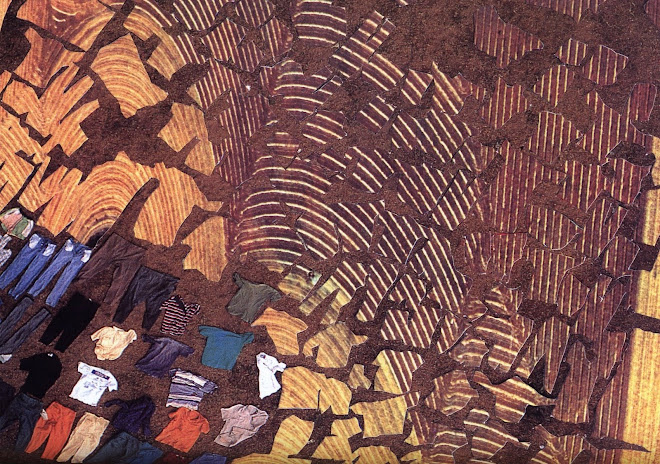
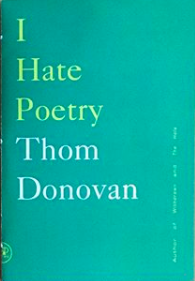

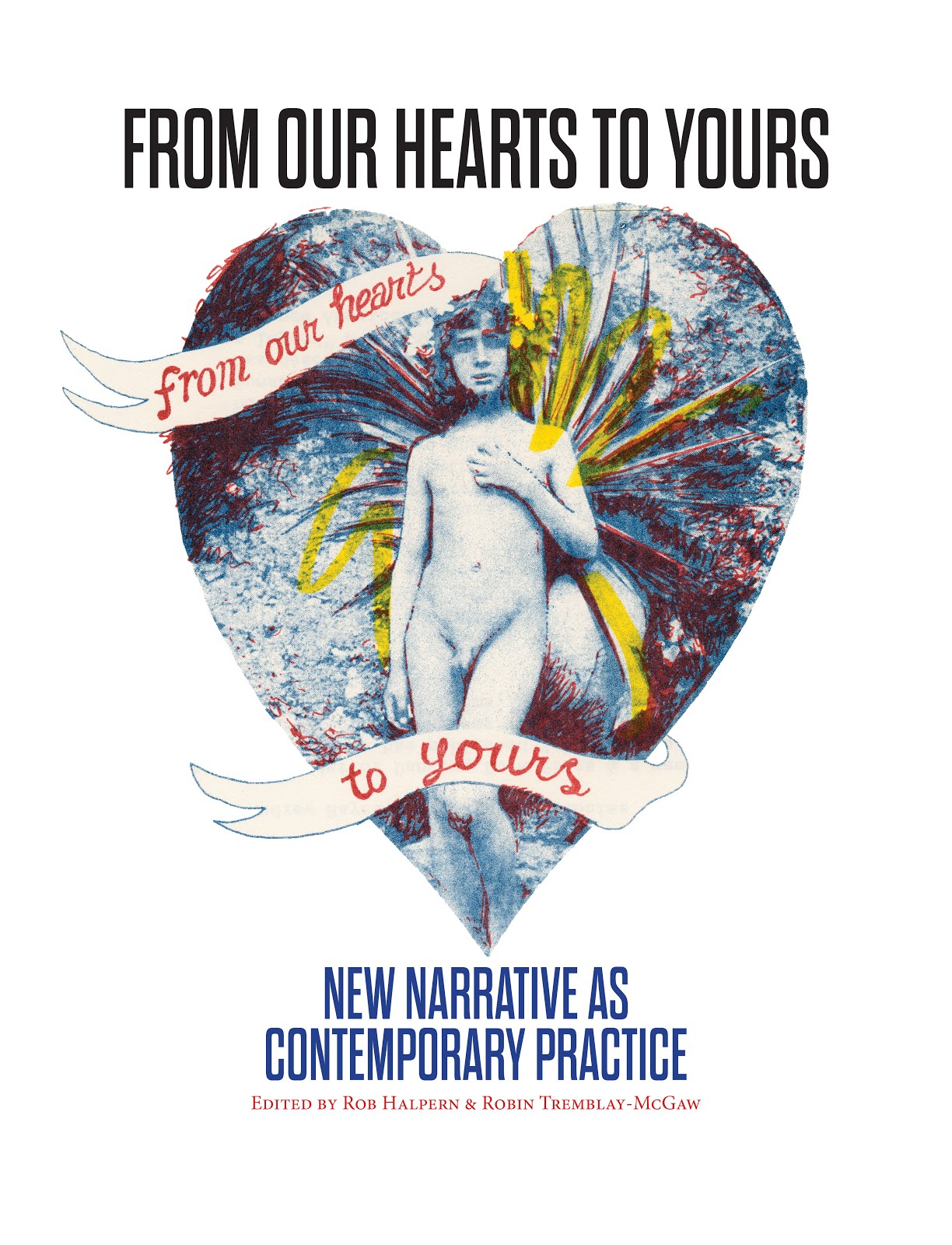




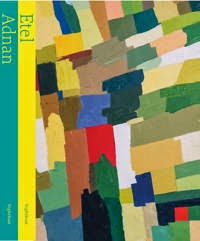
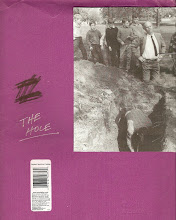

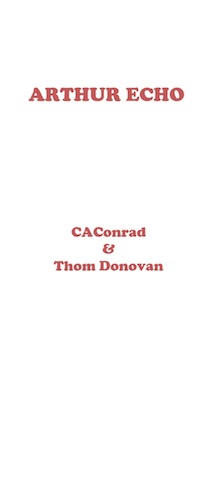
1 comment:
Thom,
I have an article coming out (or up) in (or on) Jacket2 called "New Life Writing" and it dovetails a good deal with the thrust of these remarks. Onward!
Post a Comment